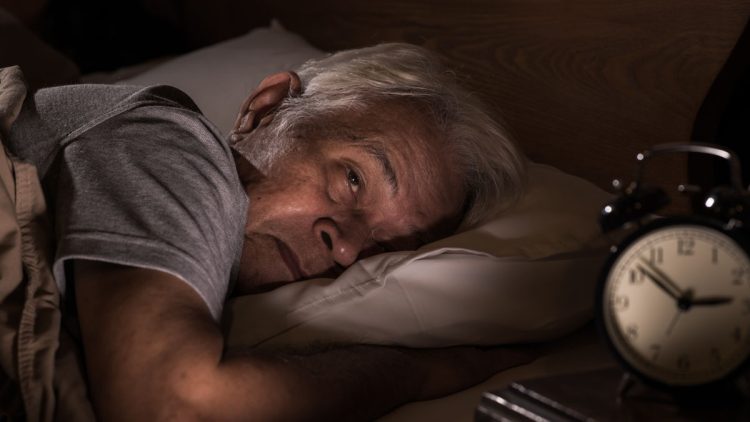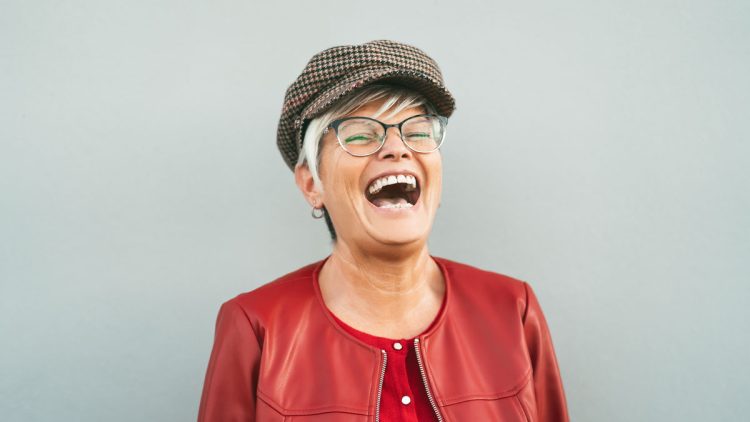Sleep and Aging
Is your sleep unlike when you were young? It happens to the best of us.
Almost half of the population over the age of sixty-five say they have no less than one sleep issue. With age, a lot of people have other sleep issues or insomnia.
It’s true that as we get older, our sleep patterns vary. Overall, older individuals sleep less, wake up then fall back asleep more frequently, and spend decreased time in REM sleep or dreaming than their younger counterparts.
However, at any age, you still require quality rest/ sleep to be healthy.
What Causes Sleep Problems as we get Older?
Some typical reasons include:
Poor sleep routines: When you don’t keep a constant schedule for going to bed and waking up, it can impact on your body’s circadian rhythm, making it even harder to get a good night’s sleep. Additionally, at any age, it’s a negative if you consume alcohol prior to bedtime, take too many naps, or lie in bed when you are not actually sleeping.
Medications: Many medications make it challenging to fall or stay asleep or possibly stimulate you to stay awake. If you believe that could be your case, ask your healthcare professional to check.
Anxiety, stress, or heartbreak: Getting older brings a lot of life changes. Many are positive. Others are really difficult. When you lose somebody you love, move out of your family home, or have an issue that changes the way you live, that can result in stress, which can impede your sleep.
If changes like these impact you or an aging loved one, speak with your healthcare professional or an advocate. It could help calm you down so you can sleep better.
Sleep disorders: Other than insomnia, these comprise apnea, restless leg syndrome, sleepwalking, and REM sleep behavior disorder. Your healthcare professional can see if you suffer from one of these ailments.
Too much downtime: A lot of people stay active well into retirement age. However, if your days are too inactive, you may find it more challenging to get a good night’s sleep.
Do You Get Enough Sleep?
Everybody is different. If you sleep to a lesser degree than when you were young but still feel rested and energetic throughout the day, it could be that now you require less sleep.
However, if you have realized that your lack of sleep impacts you throughout the day, let your healthcare professional know. There are measures you can take to get better sleep. A lot are simple adjustments to your daily routine, such as setting a regular bedtime, staying more active, and taking measures to ease your mind prior to you hitting the hay.
Vista Winds Is An Upscale Retirement Community Located In Peoria, Arizona
If you are doing research about retirement communities in Peoria, Arizona, Vista Winds Retirement Home should definitely be on your list. Vista Winds offers retirement living at its finest. We have a rich calendar of activities, meals prepared by a Chef and caregivers on staff 24 hours a day for your health and safety. We offer award winning independent living, assisted living and memory care services. Come tour our community to see how we are a step above the rest and how easy it is to Make Yourself at Home! Vista Winds is surrounded by amazing views and our resort style property will be sure to impress!
More Articles About Retirement
- How To Find A Retirement Community In Peoria, Arizona
- Easy Crafts For Seniors With Dementia
- Top 8 Low Stress Jobs After Retirement
- Can I Retire At 60 With 500K
- 55 Funny And Inspirational Quotes About Aging
- Retiring In Arizona Pros And Cons
- Cost Of Independent Living 2021
- Cost Of Assisted Living In Arizona
- Independent Living Vs Assisted Living


